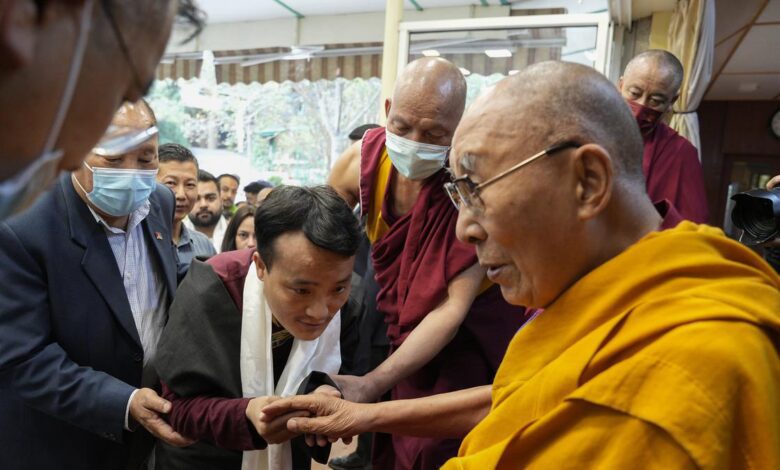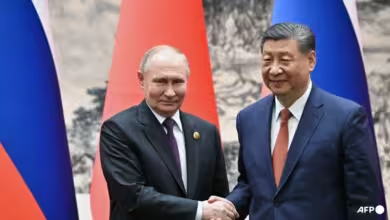Tibetans want more autonomy, not separation from China: Dalai Lama
In a conversation with reporters, the 88-year-old Tibetan leader reiterates his aspirations, expressing a desire to return to Lhasa while residing in India.

In a recent conversation with reporters at his home in Dharamshala, the Dalai Lama stated that more autonomy is what Tibetans want rather than formal secession from China. Although he said he would like to go to Lhasa someday, he said he preferred to stay in Dharamsala, India.
The conversation was held ahead of a strenuous schedule of travels around India, which would include stops in Sikkim, Karnataka, and Bodh Gaya in Bihar later this year, according to The Hindu.
The Dalai Lama restated his earlier attempts at reconciliation, but China has continually dismissed these claims, accusing the exiled Tibetan leader—who has lived in exile in India since 1959—of encouraging separatism and being a “splittist.”
In response to the difficulties with altitude that many tourists to Tibet encounter, the Dalai Lama said, “China is now becoming… They want me to return to Tibet because I believe that many people there and in China think highly of me. However, I do not wish to remain there. Lhasa is a high…The height of Dharamshala is ideal for my current physical state”. His remarks highlight the real-world challenges of surviving in Tibet’s high-altitude climate, which may be physically taxing, especially for the elderly.
Indian spiritual origins
The spiritual path of the Dalai Lama is a narrative of two homelands. He praised the historic Buddhist center of Nalanda in India by saying, “I was born in Tibet, but my spiritual knowledge is from here, from India.” He continued by stating, “So half my body is from here at least,” emphasizing the huge impact India has had on his spiritual development.
The Dalai Lama engages the public despite his advanced age. Throughout the post-COVID period, he has been actively engaging with the public, greeting crowds from his golf cart and earning the affection of many Buddhist devotees and foreign tourists who come to pay their respects.
Upcoming commitments and sensitive diplomatic issues
The Dalai Lama is expected to begin daily lessons in Dharamshala on October 2 according to the Central Tibetan Administration (CTA), which is in charge of managing the population of Tibetans living in exile, as stated by The Hindu.
Later, on October 10, he intends to travel to Gangtok, where he will speak in a location close to the Chinese border and the Doklam plateau, the scene of a stalemate between Indian and Chinese military in 2017. He also spent a month in Ladakh this year, which is customary for him.
The second-largest Tibetan refugee colony after Dharamshala is located in Bylakuppe, Karnataka, where the Dalai Lama will be visiting. He’ll likely be accompanied on this trip by former US President Barack Obama.
China’s continuing worries
China has previously voiced its disapproval of the Dalai Lama’s connections with top US officials, regularly objecting to what it sees as relations between proponents of “Tibetan Independence” and “external forces.” This contains a recent discussion between the Dalai Lama and US Special Coordinator for Tibetan Issues and Under Secretary for Civilian Security, Democracy, and Human Rights, Uzra Zeya.
Please, also have a look into : Three Indian athletes denied entry for Asian Games, Anurag Thakur cancels visit to China



